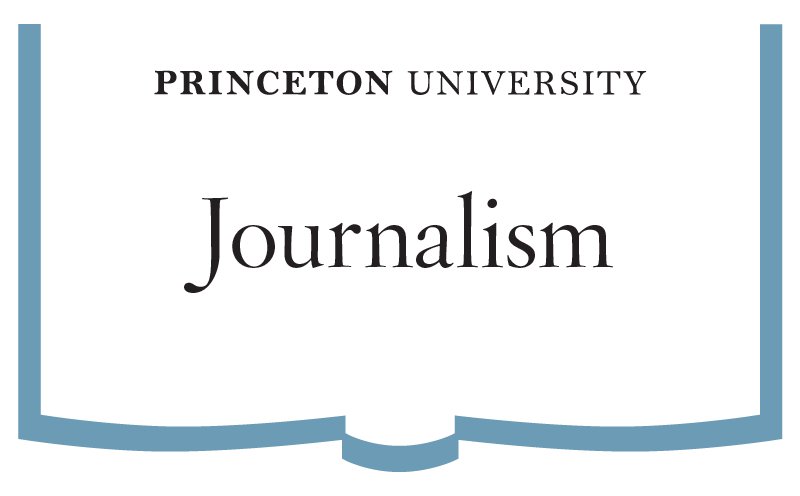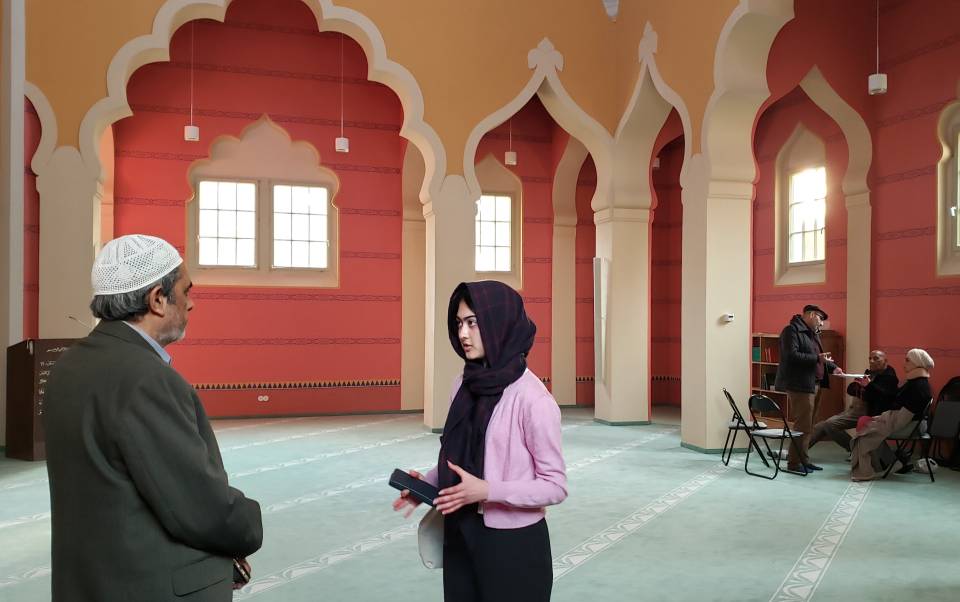“Forced migration has now topped 100 million people across the globe,” says NPR correspondent Deborah Amos (Journalism), in a story featured on the University homepage. “It is one thing to read that number, it is quite another to interview one victim and understand the enormity of the number.”
Eleven Princeton students in Amos’ journalism course “International News: Migration Reporting” had that experience during a fall break trip to Berlin this October.
Already home for decades to Turkish, Lebanese, Palestinian, Iranian and Afghan refugees and migrants, Berlin has more recently become a haven for Syrians and now Ukrainians fleeing their war-torn countries. Each day the students set out all across the city, notebooks and recorders in hand — to the Central Train Station where Ukrainian refugees continue to arrive at all hours, to the Afghan embassy where government officials and diplomats are focused on the crushing crisis of Taliban rule, to restaurants where migrants have secured work in their temporary homeland — to learn and practice field reporting for their final project: a 2,500-word article about an immigration or human rights topic.
Learning to observe history in the making as news correspondents, the Princeton students progressed in a week’s time from interviewing pre-arranged sources to finding their own amid the tumult of a city at the crossroads of the forced-migration crisis. “I was astonished by the generosity of the people who were interviewed — sometimes for hours, by student journalists,” Amos said. “They wanted to tell their stories, even the parts that were difficult and painful.” The Program in Journalism is housed in Princeton’s Humanities Council.













